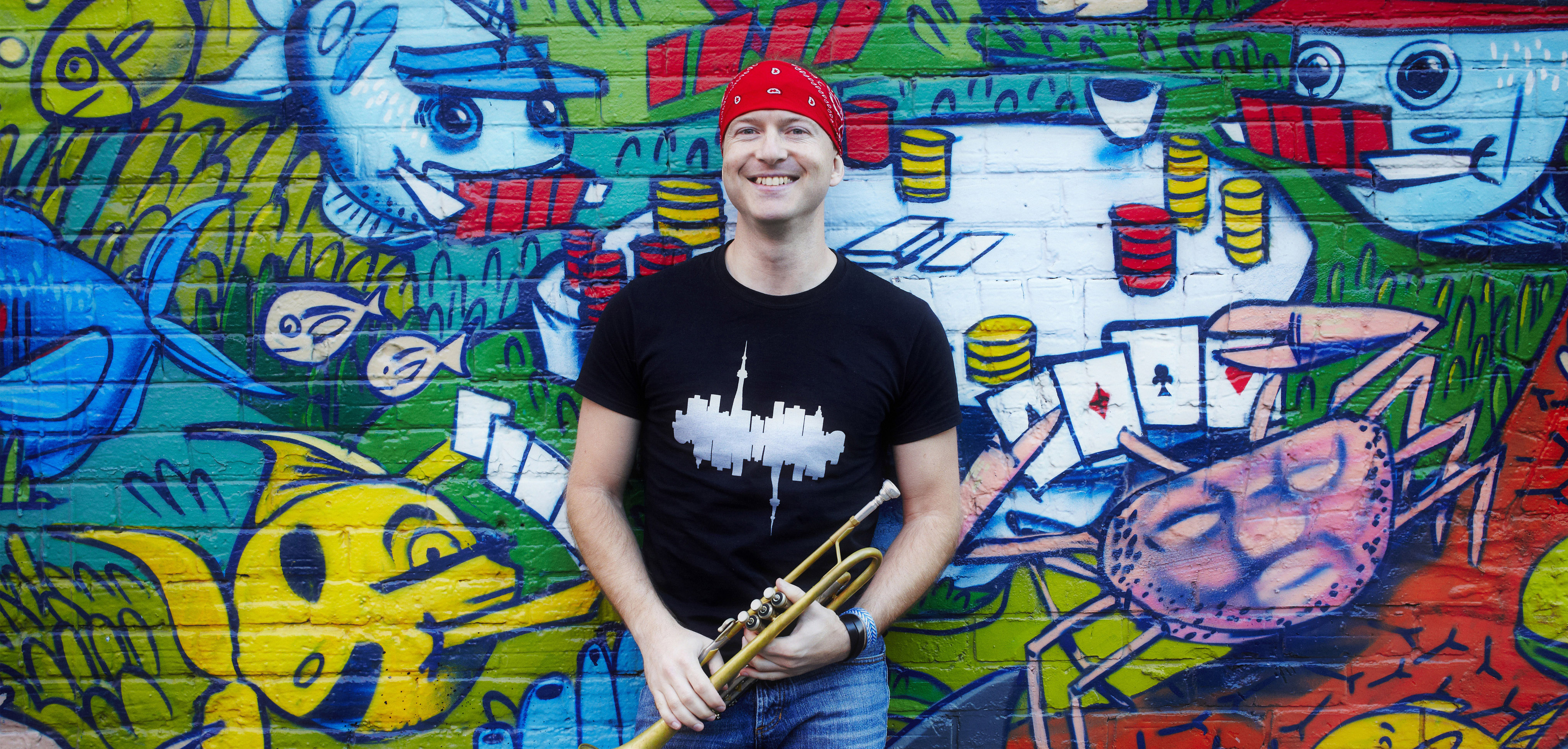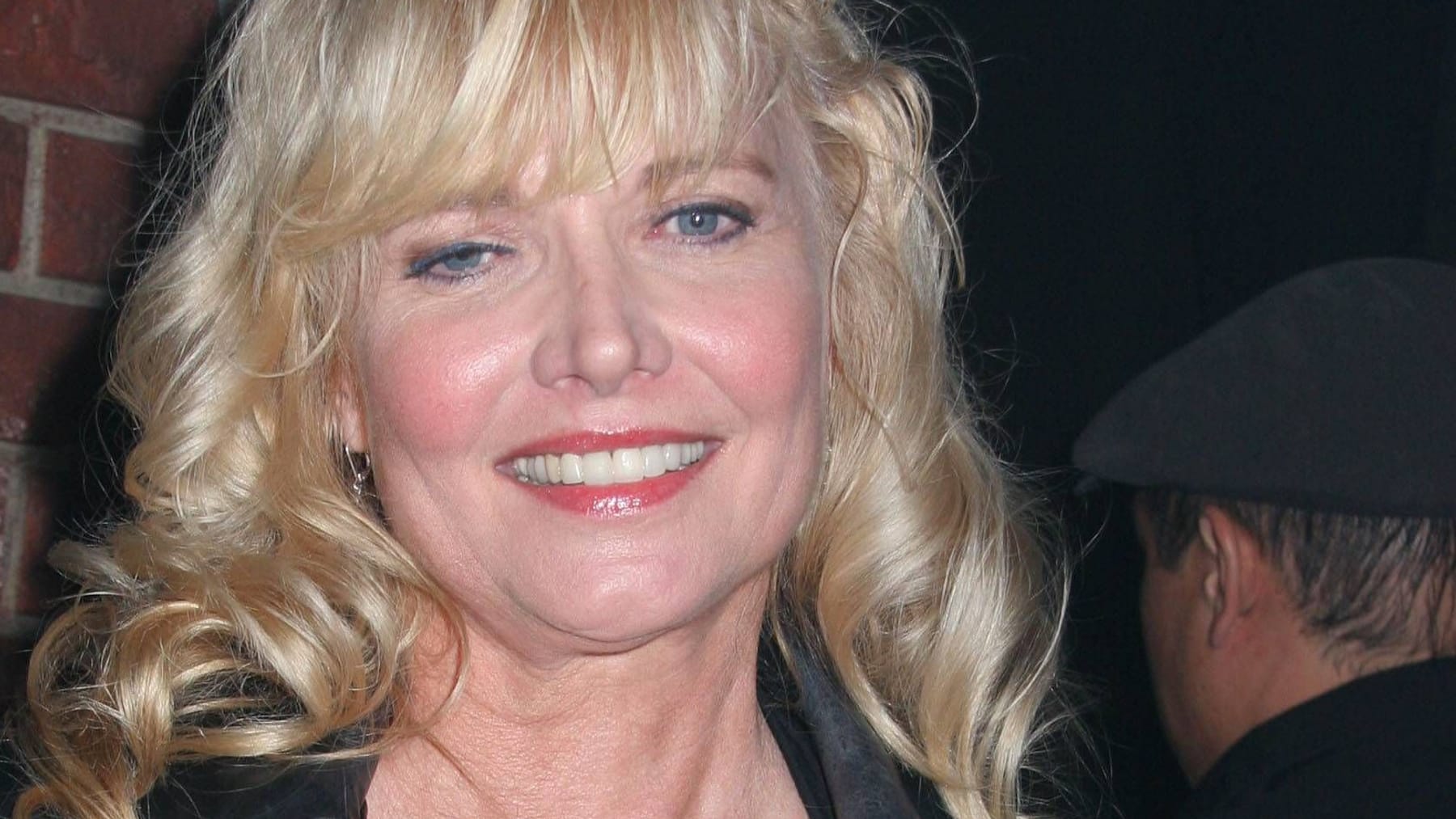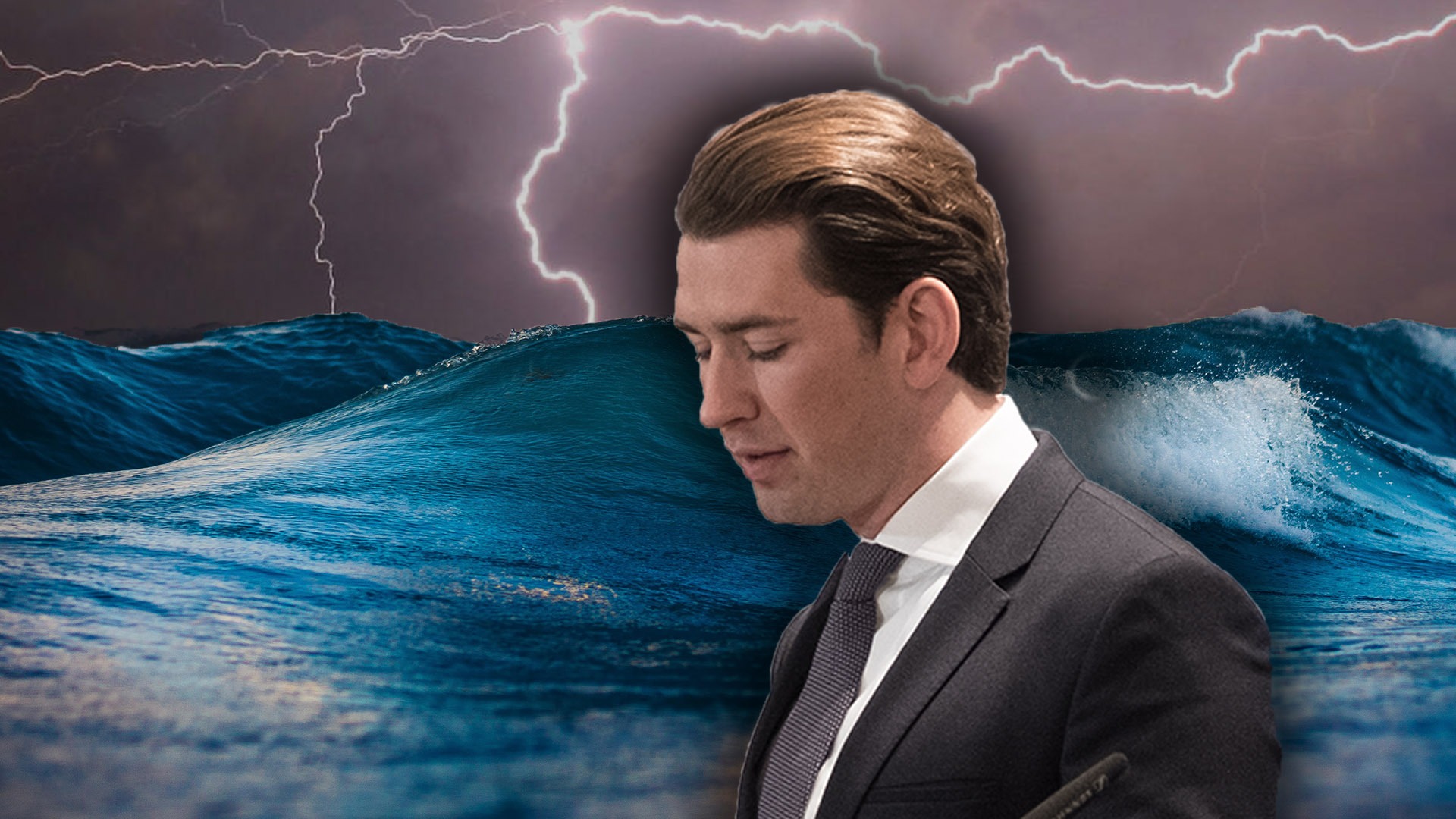Sebastian Kurz’s comments on climate change have shaken the heads of the scientific community. If you look at carbon dioxide emissions in detail, it becomes clear who is setting the ÖVP policy here: the richest 10 percent of the world emit more carbon dioxide than 50 percent of the population. Kurz means the richest when he claims we shouldn’t give up anything أي.
Statements made by Federal Chancellor Sebastian Kurz (ÖVP) on dealing with the climate crisis contradict scientific findings on climate change. The chancellor claimed that we can stop global warming without giving up. You just have to rely on technology and not “go back to the stone age”. The scientific community cannot leave these statements as they were. The Austrian Climate Change Center (CCCA), the network of Austrian climate researchers, strongly rejects Kurz’s claim that the climate crisis can only be solved through technology and innovation and that people do not have to dispense with anything.
Scholars strongly disagree with Kurtz
The CCCA was “delighted” to note that “the German chancellor is now entering the debate on the climate in terms of substance”. However, his statements regarding the climate crisis in Contrasted with international and national scientific studies. Accordingly, it will be clear that technology and innovation alone cannot solve the climate crisis, but that additional social innovation and, above all, the conditions of an appropriate political and legal framework are necessary.
Demonstration in front of the Federal Chancellery against the climate policy of ÖVP
The Friday For Future movement has also tried to explain climate change to ÖVP
“Extreme climate disasters, most recently floods in large parts of Austria, made the climate crisis painfully tangible this summer. Business-as-usual policy only increases these risks. (…) ÖVP must stop impeding climate protection and wait for future miracle technologies. “It’s time to act now,” Miriam Hall of Fridays for Future said on a radio show.
Last Friday there was a demonstration in front of the Federal Chancellery.
The richest emits 20 times more carbon dioxide than the average Austrian
By rejecting necessary climate protection measures as a “Stone Age”, it represents the interests of certain groups. Because responsibility for the climate crisis is distributed differently. When Kurz says that one should not do without something, he means above all the richest sections of the population. Globally, the richest 10 per cent have more carbon dioxide than the poorest half, an Oxfam study showed. In Austria, the differences are smaller, but income also matters here: according to Oxfam, the richest ten percent or 872,964 people are responsible for 24.6 percent of Austria’s carbon dioxide emissions. With a population of 4.4 million, the poorest half of Austria’s population, which is five times larger, consumes only a little more at 30 percent. The comparison with the richest 0.1 percent is even more stark: One uses 20 times as much CO2 in one year as the Austrian than the bottom 50 percent.
The poor are hardest hit by the climate crisis
By contrast, the world’s poor are deeply affected by the consequences of the climate crisis: countries like Bangladesh and Mozambique have to deal with the most catastrophic effects – heat, drought and floods. Countries like Canada and Norway run out a bit in comparison. But even within states, it is the wealthier segments of the population that are the least affected and the poorest that are the hardest hit.
The poor live in houses that are less insulated, are hotter in summer, and have unsafe jobs. You cannot buy a vacation home in this wonderful country. Their work is more physically demanding and their health is usually in poor condition – which is why harsh weather conditions make them even more unpleasant.
We research and review the content and facts in our publications. Have you still found an error? Please send us a message.

“Alcohol buff. Troublemaker. Introvert. Student. Social media lover. Web ninja. Bacon fan. Reader.”







More Stories
Why is a rooster crowing viewed as a noise nuisance?
Strange pattern in inorganic compounds
This vitamin is missing from muscle pain